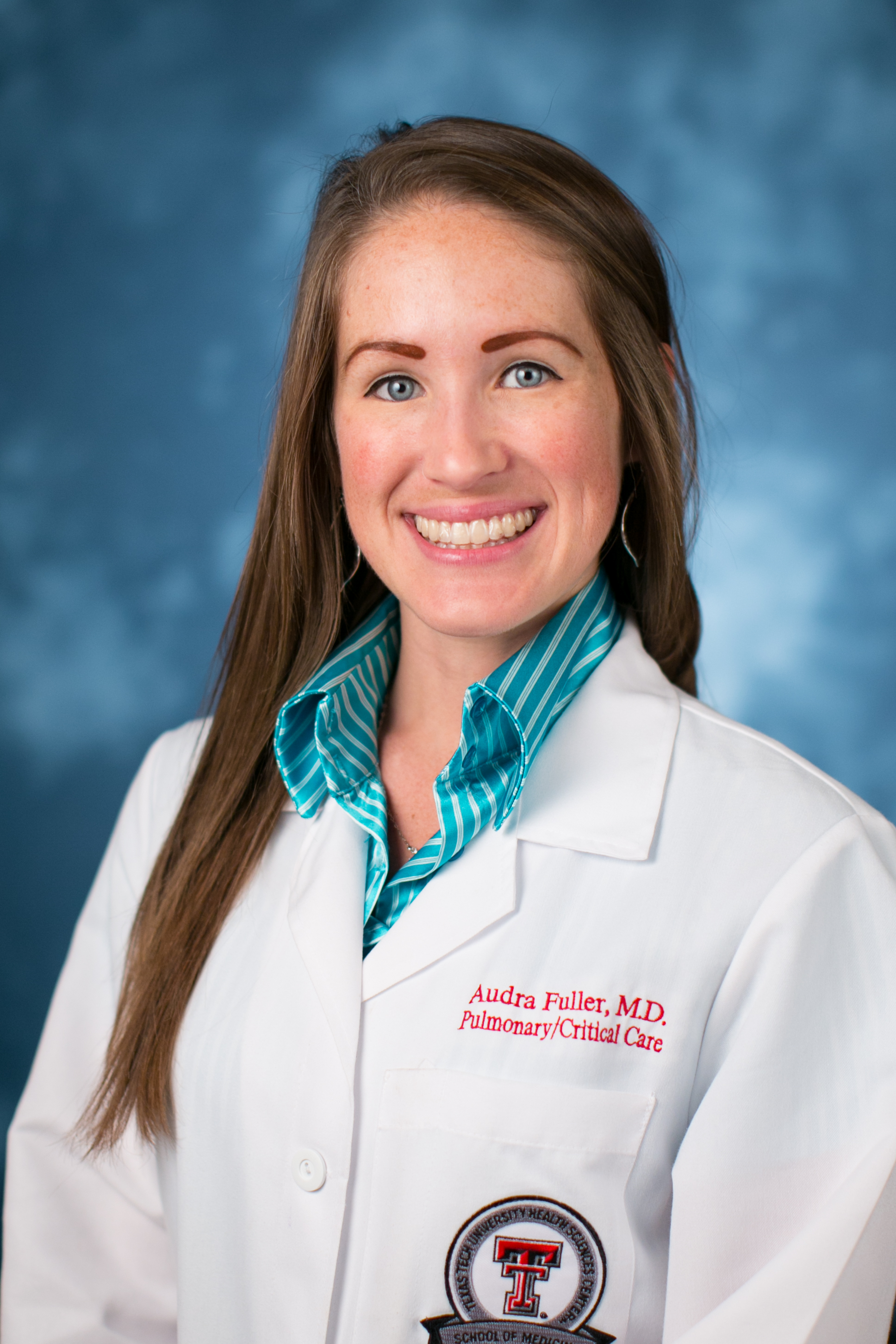Setting Yourself up for Success: How to Make Yourself a Great Candidate for Advanced Training
By: Audra Schwalk, MD
May 15, 2018
This post is a part of our Life as a Fellow blog post series. This series includes "fellow life lessons" from current trainees in leadership with CHEST.
“What are you planning to specialize in when you’re finished with your training?” “Where do you want to end up when you’re done here?” “What do you want to do when you grow up?” These are questions we as fellows are regularly asked. Patients, colleagues, and attendings are very interested in what our future plans are.
But, what if I’m still undecided? What if I don’t want to risk losing the skills I acquired during my training to specialize in something else I may enjoy? Should I be specializing after my fellowship? And if I do want further training…how do I pursue that?
There are many aspects of our career as physicians that are uncontrollable. Patient adherence to suggested treatments, adverse patient reactions to treatment plans, deadlines for conferences/publications, and unexpected personal hurdles are all examples of this. We also go through several transition periods during our advanced training where the outcome is unknown and the course of our career may change.
This occurs during the application process for medical school and the match for residency and fellowship. During each of these periods, we must take a proactive approach to control the things we can in order to place ourselves in the best positon to achieve our career and personal goals.
"During each of these periods, we must take a proactive approach to control the things we can in order to place ourselves in the best positon to achieve our career and personal goals."
During residency I was exposed to multiple procedures that immediately peaked my interest in interventional pulmonology (IP). Early in my fellowship I was able to actively participate in these procedures and my goal of pursuing an IP fellowship after graduation was cemented. I felt as though IP was a natural fit for me and I was committed to completing interventional pulmonology training, but I don’t have a dedicated IP faculty at my program.
Although I have no control over faculty and staff at my institution, I knew I wanted to pursue this subspecialty after graduation and I had to begin a proactive campaign to improve my candidacy. If you are in a similar situation, you may wonder, what can I do in the years leading up to my application for advanced subspecialty training that will improve my chance of success? This blog will hopefully provide some advice and education to those fellows who want to specialize but don’t have the luxury of a potentially seamless flow into this next level of training.
I’ve realized one of the most profitable things you can do is make your name known to others within your area of interest. You have to be an advocate for yourself, but also try to find others who will advocate for you. It is important to ensure your name isn’t heard for the first time on your application. As fellows we can utilize the large, untapped networking system that CHEST offers. Below is a list of important ways you can increase your likelihood of receiving the advanced training you desire.
- Join CHEST Networks and committees that specialize in your area of interest.
- Great way to meet leaders in the field
- Engage your time in the Networks and committees you join.
- Offer to assist with Network specialized publications and research opportunities.
- Introduce yourself to front-runners in the field.
- Attend advanced training courses around the nation.
- Participate in personal research and publications in line with your field of interest.
- Attend national meetings (eg, CHEST, SCCM, ATS, etc)
- Join national interest groups related to your passion (eg, AABIP, PHRI, etc)
- At your current institution, seek a strong mentor who is willing to advocate for you.
I was lucky enough to find a mentor to help guide me through the process of preparing for a secondary fellowship, but I have also learned much of the information contained in this blog throughout my own journey to IP. These suggestions are not novel ideas for improving your CV, but hopefully this blog provides some information and awareness of resources that are available for fellows to utilize. It is through these resources and purposeful actions that we can control some aspects of our candidacy and empower ourselves to advance as desired through our medical careers. I will be applying for an IP fellowship this year and will put this advice to the test!
 Dr. Audra Schwalk is a second year PCCM fellow at Texas Tech University. Her academic interests include lung cancer and improving mortality from sepsis. She is also interested in resident and fellow education. She hopes to purse an interventional pulmonology fellowship after she completes her current training.
Dr. Audra Schwalk is a second year PCCM fellow at Texas Tech University. Her academic interests include lung cancer and improving mortality from sepsis. She is also interested in resident and fellow education. She hopes to purse an interventional pulmonology fellowship after she completes her current training.